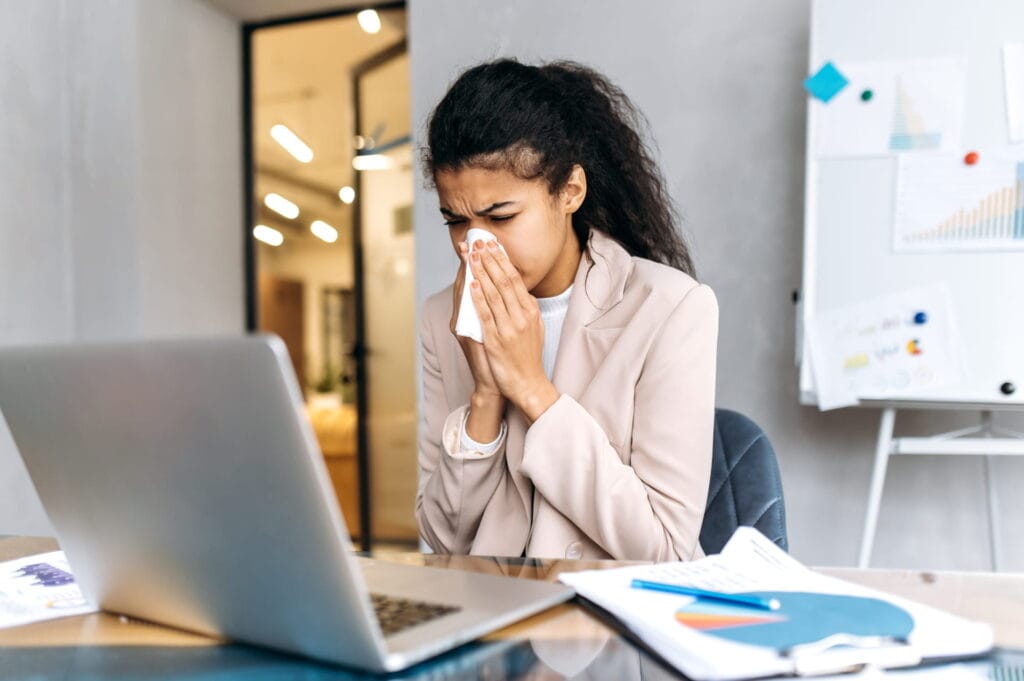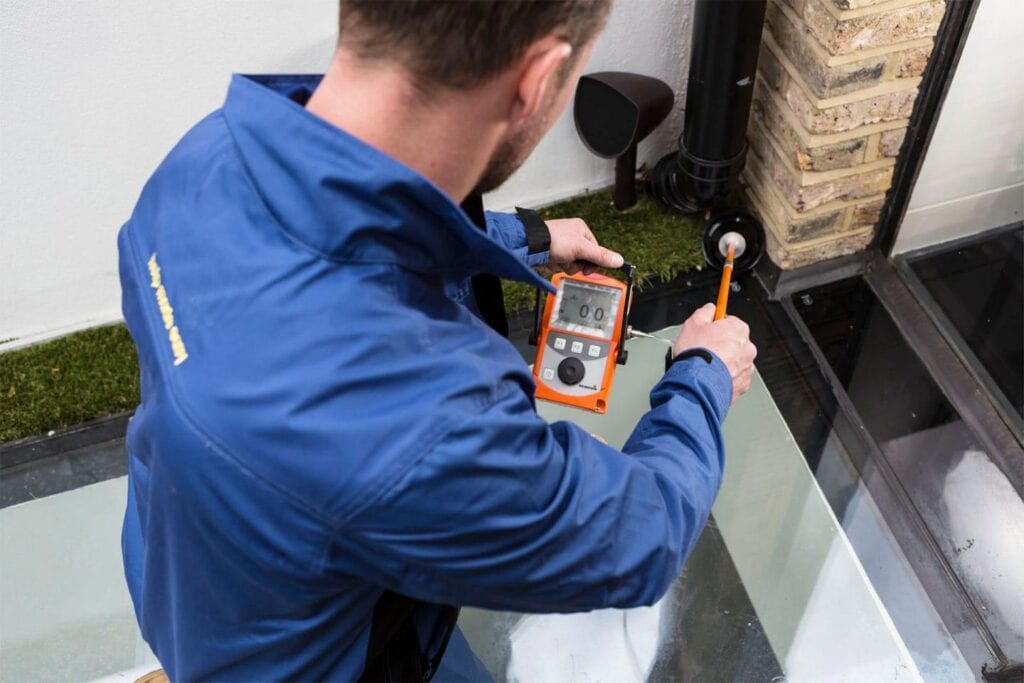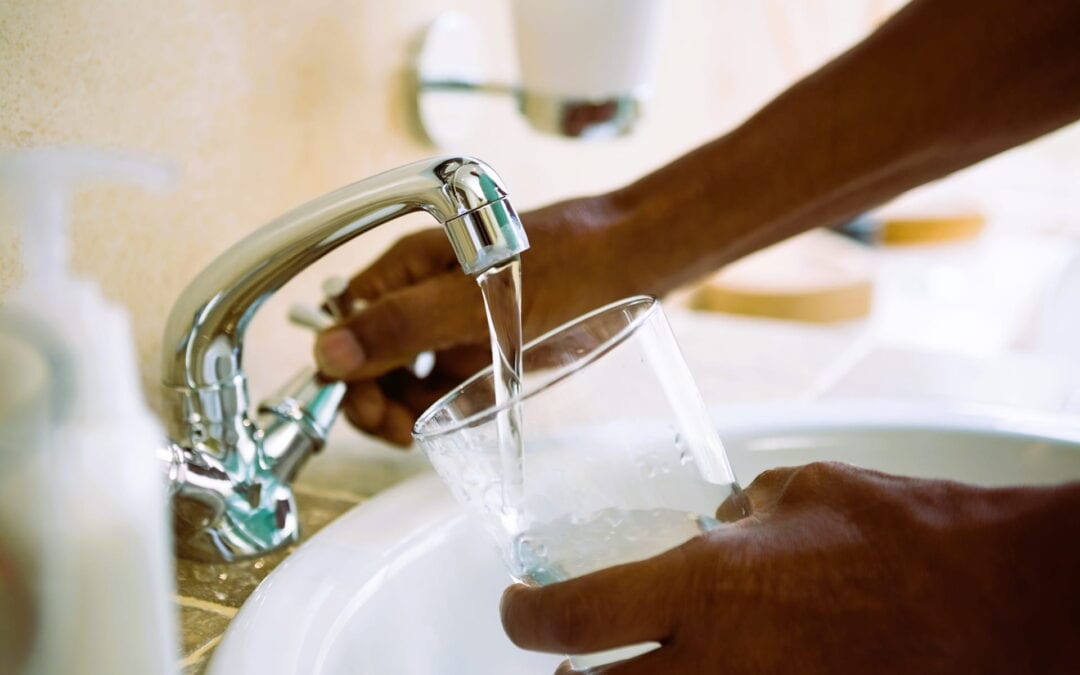Plumbing is an essential component of any household, quietly working behind the scenes. When plumbing is neglected, however, the consequences can be far-reaching, affecting not only your home but also your health. Ignoring plumbing issues can lead to various health risks, ranging from water contamination to mold growth. This makes the topic of neglected plumbing particularly important when considering the health implications in and around the New Orleans region.
Neglected plumbing poses serious health implications. Whether it’s leaky pipes or a backed-up sewer, these issues can introduce contaminants into your water supply, promote the growth of harmful mold, and create a breeding ground for pests. In the following sections, several key aspects of how neglected plumbing affects health are examined.
Water Contamination from Neglected Plumbing
Neglected plumbing is often a silent contributor to water contamination. Take, for instance, a homeowner who overlooked rusting pipes for years. Eventually, those corroded pipes introduced harmful elements like lead into the water supply, endangering everyone in the household. Rusting, aging pipes can leach heavy metals into drinking water, which can lead to serious health consequences. This is not just hypothetical—lead exposure, even at low levels, is known to cause cognitive deficits in children and other health issues in adults.
When water quality is compromised, it can lead to:
- Lead poisoning, which affects cognitive development in children.
- Gastrointestinal problems from bacteria like E. coli.
- Skin irritations and other allergic reactions.
Mold Growth Due to Leaky Plumbing
Leaky plumbing is a leading cause of mold growth in homes. It might start as a small, barely noticeable drip under the sink. However, that constant moisture can lead to the rapid growth of mold, which thrives in damp, dark environments. Mold spores can become airborne, easily inhaled by residents, leading to respiratory issues, allergic reactions, and even more severe conditions like asthma.
Mold from neglected plumbing can result in:
- Respiratory issues such as chronic coughing and wheezing.
- Skin rashes and irritation from mold exposure.
- Increased risk of asthma, especially in children.
Plumbing Neglect Increases Allergens
Not everyone associates plumbing with allergens, but the connection is significant. Damp areas created by plumbing issues can serve as a breeding ground for dust mites and mold, both common allergens. A damp environment from unchecked leaks can exacerbate allergies, leading to constant sneezing, watery eyes, and other allergic reactions, making life miserable for those affected.
Allergens related to plumbing neglect include:
- Dust mites thriving in moist environments.
- Increased airborne mold spores.
- Aggravated respiratory allergies in sensitive individuals.

Health Risks of Sewage Backups
A sewage backup is every homeowner’s nightmare, and the health implications are severe. Imagine a situation where the plumbing is so neglected that raw sewage starts to back up into the home. This scenario not only causes extensive damage but also introduces harmful pathogens into the living environment. Sewage contains bacteria, viruses, and parasites that can cause a host of illnesses, from minor infections to more severe gastrointestinal diseases.
Health risks from sewage backups include:
- Bacterial infections like Salmonella and E. coli.
- Viral infections such as Hepatitis A.
- Parasitic infections that can lead to severe gastrointestinal distress.
Pest Infestations Due to Plumbing Neglect
Neglected plumbing doesn’t just lead to water issues—it can also invite unwanted guests into your home. Pests like cockroaches, rodents, and insects are attracted to the standing water and damp areas created by leaky or clogged pipes. These pests are not just a nuisance; they are carriers of various diseases, which can be transmitted to humans through contact or contamination of food and surfaces.
Pests attracted by plumbing issues can lead to:
- Spread of diseases such as Salmonella from cockroach droppings.
- Hantavirus spread through rodent urine and droppings.
- Allergic reactions or asthma attacks triggered by pest infestations.
Structural Damage and Its Health Implications
The integrity of a home’s structure can be compromised by neglected plumbing, leading to health risks that aren’t immediately obvious. Water damage from leaks can weaken floors, walls, and ceilings, potentially causing structural collapses. While the immediate concern might be the safety hazard, such damage can also expose the home to mold, mildew, and pests, each carrying its own set of health risks.
Structural damage from plumbing issues might cause:
- Increased risk of injury from weakened structures.
- Exposure to mold and mildew hidden within walls and floors.
- Health risks from pests that find their way into the home through damaged structures.
Simple Preventative Measures to Avoid Health Risks
To prevent the health implications of neglected plumbing, proactive maintenance is key. Regular inspections by professional plumbers can catch small issues before they become significant health hazards. A homeowner who schedules annual plumbing inspections, for example, can avoid the surprise of a burst pipe or a mold outbreak. Ensuring that the plumbing system is in good working order isn’t just about convenience; it’s about safeguarding the health of everyone in the household.
Preventative measures to maintain plumbing include:
- Regular professional inspections to identify potential issues.
- Immediate repair of leaks or drips, no matter how small.
- Ensuring proper drainage and avoiding clogs in the plumbing system.

Key Takeaways About the Health Implications of Neglected Plumbing
- Neglected plumbing can lead to serious health risks, including water contamination, mold growth, and pest infestations.
- Simple maintenance and regular inspections from a licensed plumber can prevent these issues, protecting both the home and its residents.
- Health risks from neglected plumbing range from respiratory issues to bacterial and viral infections, making it crucial to address plumbing issues promptly.
Frequently Asked Questions
1. How often should plumbing inspections be done to prevent health risks?
Plumbing inspections should be done annually by a licensed plumber to catch any potential issues before they escalate into serious health risks.
2. What are the first signs of mold growth related to plumbing issues?
The first signs include a musty odor, visible mold patches, and increased allergy symptoms among residents.
3. Can neglected plumbing affect indoor air quality?
Yes, neglected plumbing can lead to mold growth and increased allergens, both of which can severely impact indoor air quality.
4. Are there any immediate health symptoms to watch for that indicate plumbing issues?
Symptoms such as persistent coughing, sneezing, skin irritations, and gastrointestinal issues can be indicators of underlying plumbing problems.
5. What types of pests are commonly attracted to plumbing leaks?
Pests like cockroaches, rodents, and certain insects are commonly attracted to the dampness and standing water from plumbing leaks.

